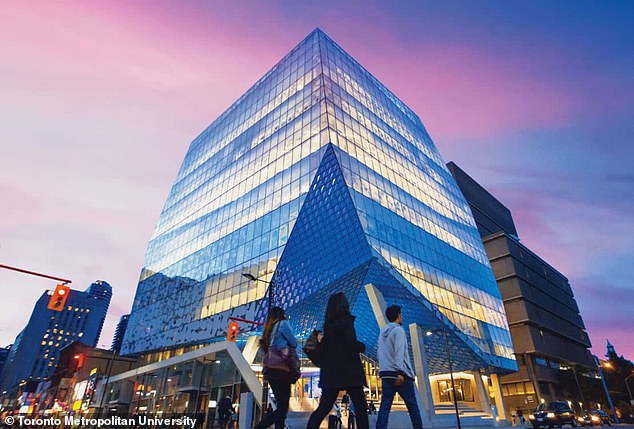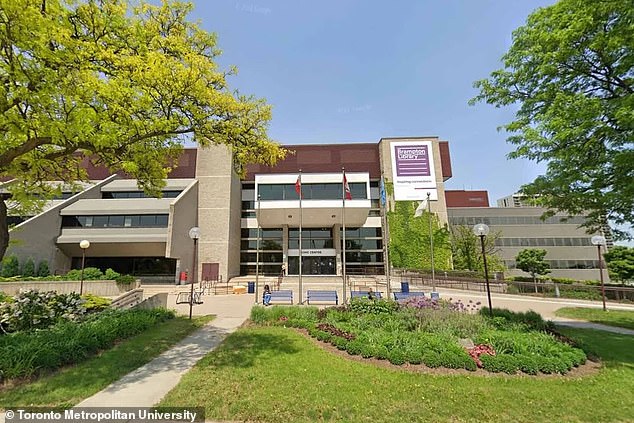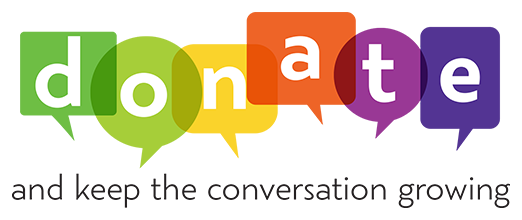A new medical school has nixed plans to hold 75 percent of spots in its upcoming class for diverse and ‘equity-deserving’ students.
Toronto Metropolitan University’s new medical school had previously said it would ‘purposefully admit’ Indigenous, Black and other ‘equity-deserving students‘ in an effort to address ‘persistent underrepresentation of these groups in medical schools and the medical profession.’
Previous language on the school’s admissions site featured equity-based percentage breakdowns of enrollees for the 2025 class.
This would have prohibited people from non ‘equity-deserving’ groups from accessing a majority of the admission offers, Canada‘s True North reported.
Additionally, TMU announced it would not solely rely on academic performance when considering applicants for admissions, but would also heavily take into account life experience.
Some criticized the school for its policy, claiming it was loosening relevant qualifications and screening out applicants by race, and the head of the Canadian province Ontario, Doug Ford, demanded TMU educate qualified students ‘regardless of their race or background.’
Now, leadership at TMU, which will open its doors to 94 students in September 2025, announced it would walk back its plans to allocate three-quarters of its spots next year to these students.
And university President Mohamed Lachemi said in a press release last week that the school never had quotas for what demographics it would accept, and removed ‘aspirational language’ from TMU’s website that was ‘causing confusion.’


A press release stated: ‘While we have established equity pathways, similar to other schools in the province, we have no quotas and there have never been quotas around who we will accept.
‘We understand that aspirational language on the website was causing confusion on this point, and that language has been removed.’
The school states it was founded ‘on equity, diversity and inclusion, decolonization and reconciliation.’
It says the admissions process ‘will identify applicants who have lived experience and/or are committed to advancing these principles.’
In a September press release, the university said it had ‘developed intentional application and admissions processes that have the school’s mission at their core, and that reflect community and societal needs.’
It continued: ‘The school will use a multifaceted, holistic approach to identify students possessing the necessary academic capabilities, interpersonal skills and personal attributes required to excel in medicine.
‘The admissions process will also purposefully admit equity-deserving students and identify applicants interested in primary care practice, particularly in medically underserved areas.’

Additionally, the September press released stated it had created ‘dedicated admissions pathways’ for Indigenous, Black and equity-deserving applicants.
The school states on its website these pathways are meant ‘to address the under-representation of identified equity-deserving groups in medical education.’
Dr. Dominick Shelton, interim assistant dean of recruitment and admissions, said in the release: ‘Our admissions pathways are designed to account for systemic bias in applicant review processes and eliminate barriers to success for these groups in the medical school admissions process.
‘We are also committed to ensuring that the pathways provide an inclusive and supportive process for applicants from these groups.’
Before the changes, 75 percent of the new class’ spots were to be allocated to students applying through these pathways. Now, these pathways remain open, but TMU will no longer apply quotas to each.
Current admissions requirements to the new medical school include a 3.3 GPA, but the school does not require students to have a background in science or certain undergraduate prerequisites.
Additionally, the school will not require the Medical College Admission Test (MCAT) -a standardized exam for prospective medical students required in the United States, Australia, other Canadian universities and schools in the Caribbean Islands.
Despite the alternative admissions practices, Mr Lachemi said in the release last week that the school’s admissions process will be ‘highly competitive without exception,’ with a goal of removing barriers for qualified students who have ‘traditionally faced challenges in accessing medical education.’

TMU leadership has said the goal of its admissions process is to graduate doctors from the same locations, cultures, languages and experiences as their future patients.
A 2021 census of Brampton, where TMU is located, found more than 33 percent of respondents spoke a language other than English, with 171 languages reported in total.
Data also shows Ontario is facing a critical primary care physician shortage and there are currently 2.5million people in the province without a family doctor, The Star reported.
The school also conducted its own research and found there was an urgent need for more family doctors, ‘and in particular, doctors who understand the languages, cultures and faiths of local residents.’
Mr Lachemi continued: ‘This is why our commitment to recruit people from the diverse backgrounds that make up the region of Peel and its surrounding communities is so important.’

